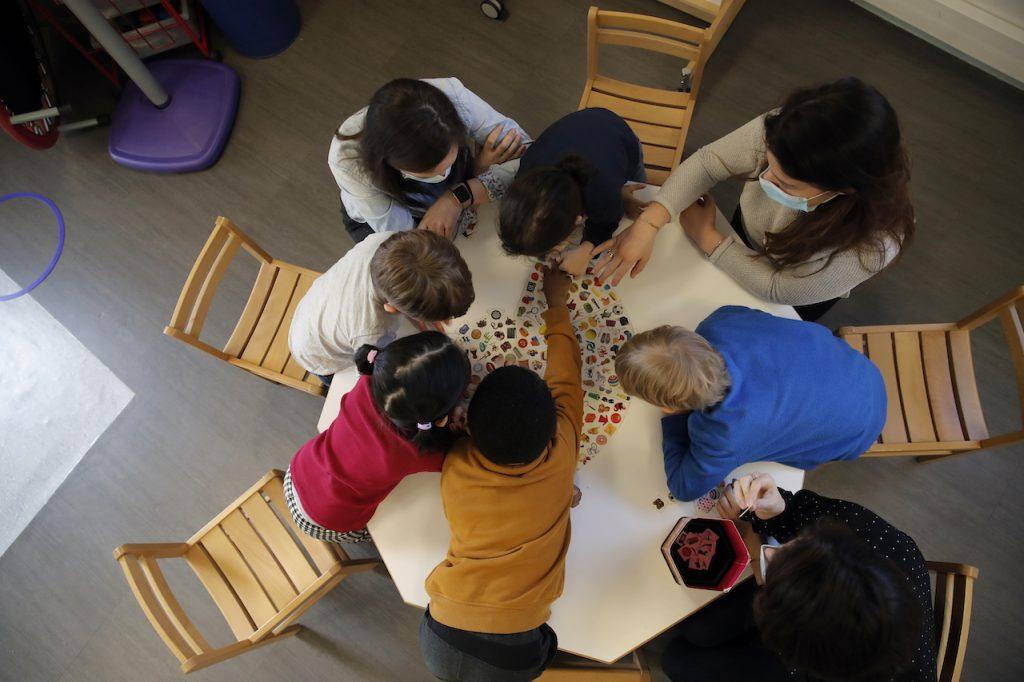Children falling ill due to Covid ‘immunity debt’
The elderly and people with suppressed immune systems are also vulnerable as they fail to build up immunity against other viruses due to the pandemic.
New Zealand hospitals are experiencing the payoff of “immunity debt” created by Covid-19 lockdowns.
Hospital wards are crowded with babies with a potentially-deadly respiratory virus, doctors have warned.
The capital Wellington has 46 children currently hospitalised for respiratory illnesses including respiratory syncytial virus, or RSV. A number are infants, and many are on oxygen.
RSV is a common respiratory illness which generally only produces mild symptoms in adults but it can make young children extremely ill, or even be fatal.
The size and seriousness of New Zealand’s outbreak is likely being fed by what some paediatric doctors have called an “immunity debt” – where people don’t develop immunity to other viruses suppressed by Covid lockdowns.
The “immunity debt” phenomenon occurs because measures like lockdowns, hand-washing, social distancing and masks not only control Covid-19, they also suppress the spread of other illnesses that transmit in a similar way, including the flu, common cold, and lesser-known respiratory illnesses like RSA.
In New Zealand, lockdowns last winter led to a 99.9% reduction in flu cases and a 98% reduction in RSV, and nearly eliminated the number of deaths New Zealand usually experiences during winter.
“This positive collateral effect in the short term is welcome, as it prevents additional overload of the healthcare system,” French doctors wrote in May. “But in the long term, it can create problems of its own: if bacterial and viral infections aren’t circulating among children, they don’t develop immunity, which leads to larger outbreaks down the line.”
New Zealand has reported nearly 1,000 RSV cases in the past five weeks, according to the Institute of Environmental Science and Research. The usual average is 1,743 over the full 29-week winter season.
Australia is also experiencing a surge, with overcrowded hospitals also hit by unusually high rates of RSV.
The current outbreak is already stretching New Zealand’s hospitals. At Middlemore hospital in Auckland, a playroom has been converted into a clinical space with 11 baby cots, and a number of hospitals have asked children under 12 not to visit, to try to avoid spreading the virus.
Usually, people experience near-universal exposure to RSV as children, with most exposed in their first year of life.
However, while RSV is a common cause of winter hospitalisation of children, the elderly and people with suppressed immune systems are also vulnerable as when people avoid each other during the pandemic, they fail to build up the immunity against viruses that comes from normal contact.
As regular life resumes, society may find payments on the immunity debt coming due, in the form of worse-than-normal viral disease outbreaks.
Subscribe to our newsletter
To be updated with all the latest news and analyses daily.
